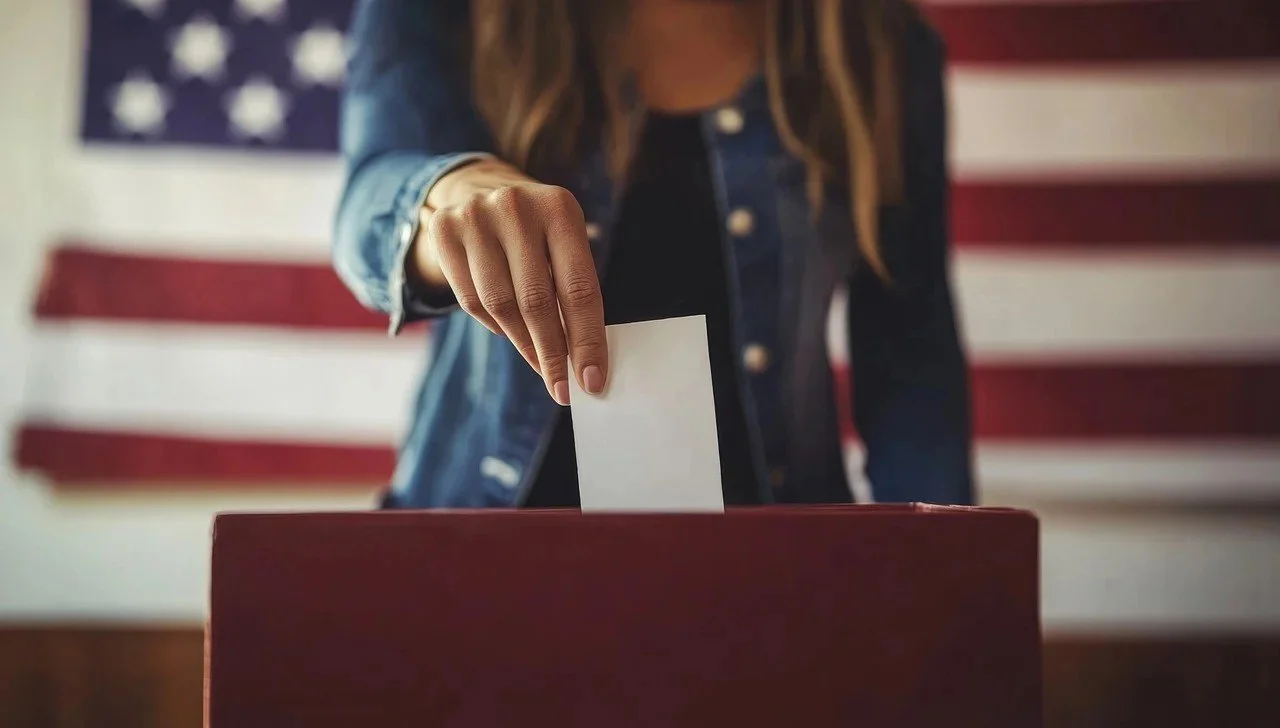Presidential elections can bring a lot of uncertainty and change. While most people focus on the political outcomes, there is another area of life where elections can have a significant impact—real estate. Whether you’re a homebuyer, seller, or investor, understanding how election cycles affect the housing market can help you make better decisions during these critical times.
Let’s take a look at how presidential elections typically influence real estate prices and what you should keep in mind as we approach the next election.
1. Market Uncertainty and Consumer Confidence
One of the biggest ways a presidential election impacts real estate is through uncertainty. During election years, especially in the months leading up to Election Day, many people tend to adopt a “wait and see” approach. This happens because elections bring potential policy changes that could affect everything from taxes to mortgage rates to economic growth. When people are unsure about the future, they often delay making big financial decisions—like buying or selling a home.
For buyers, this uncertainty can mean slower price appreciation and potentially fewer competitors in the market. Sellers, on the other hand, may find that demand slows, which could lead to longer listing times or price reductions if they are eager to sell.
The level of consumer confidence—how optimistic people are about their financial future—also tends to fluctuate during an election year. When confidence is low, fewer people are willing to take the plunge into homeownership, which can soften demand and stabilize prices.
2. Economic Policy Changes and Their Impact on Real Estate
The real estate market is deeply tied to government policies, and the outcome of a presidential election can shape these policies for years to come. A new president may enact legislation that affects taxes, housing subsidies, and mortgage interest rates, all of which play a crucial role in the real estate market.
For example, if a candidate promotes tax cuts or policies that make homeownership more affordable, we could see increased demand for homes, which would drive up prices. Conversely, if there are potential increases in capital gains taxes or reductions in real estate-related tax benefits, some buyers and investors might hold off on purchases, slowing price growth.
Mortgage rates are another key factor. Although the Federal Reserve (which sets interest rates) is independent of presidential elections, the overall economic climate shaped by election results can influence rate movements. If the election leads to policies that promote economic stability, rates may remain low, encouraging more people to buy homes. However, if the election stirs up economic uncertainty, rates could increase, dampening home affordability.
3. Short-Term vs. Long-Term Effects on Home Prices
While election years often create short-term fluctuations in the real estate market, the long-term effects tend to be less dramatic. In the short run, you might see fewer transactions and a slight cooling in price growth as buyers and sellers become cautious. However, once the election is over and the future direction of government policy becomes clearer, the market often stabilizes.
Historically, data shows that real estate prices don’t drastically change during an election year but can be influenced by longer-term factors like interest rate policies, economic growth, and tax regulations introduced by the new administration. Real estate is a long-term investment, so it’s essential to remember that while elections may cause brief market disruptions, they rarely lead to sustained downturns in property values.
4. Local vs. National Real Estate Impacts
It’s also important to note that the effects of a presidential election on real estate can vary by region. Local real estate markets respond differently depending on regional economies, population trends, and job markets, which can be influenced by specific policy changes.
For example, areas with strong ties to industries that may be impacted by the election results—like energy, healthcare, or government contracts—could see more significant fluctuations in housing demand and prices. In contrast, markets less reliant on federal policy changes may experience less volatility.
In addition, states and cities with more competitive political landscapes might see a higher level of market uncertainty, as potential shifts in local government policy could further influence buyers' and sellers' decisions.
5. Advice for Buyers, Sellers, and Investors
If you’re buying a home during an election year, keep in mind that you may have a little more negotiating power if demand slows due to uncertainty. However, be cautious about waiting too long to make a move—interest rates and other economic factors can shift quickly after an election, potentially affecting your affordability.
For sellers, it’s wise to price your home competitively during an election year. With potential buyers taking a more cautious approach, offering a well-priced, move-in-ready property can help attract interest even in uncertain times.
Investors should pay close attention to the specific policies that might come from the new administration. If new tax laws or regulations could affect your investment properties, it may be a good idea to adjust your strategy accordingly.
Conclusion
While presidential elections do have an impact on the real estate market, it’s important to remember that this effect is often short-term and varies by region and individual circumstances. By staying informed about how potential policy changes could affect your real estate goals, you can make better decisions in both the lead-up to and aftermath of an election.
As always, working with a knowledgeable real estate agent can help you navigate these uncertainties and make the most of the opportunities the market presents, no matter the political climate. If you have any questions or need help with your real estate journey, don’t hesitate to reach out!
If you have any real estate questions or are looking to buy or sell your home in Heber City, Midway, Park City, Utah or Salt Lake Counties, please reach out to me with any questions at (801) 885-2558 or by email at brandonrwood19@gmail.com.


